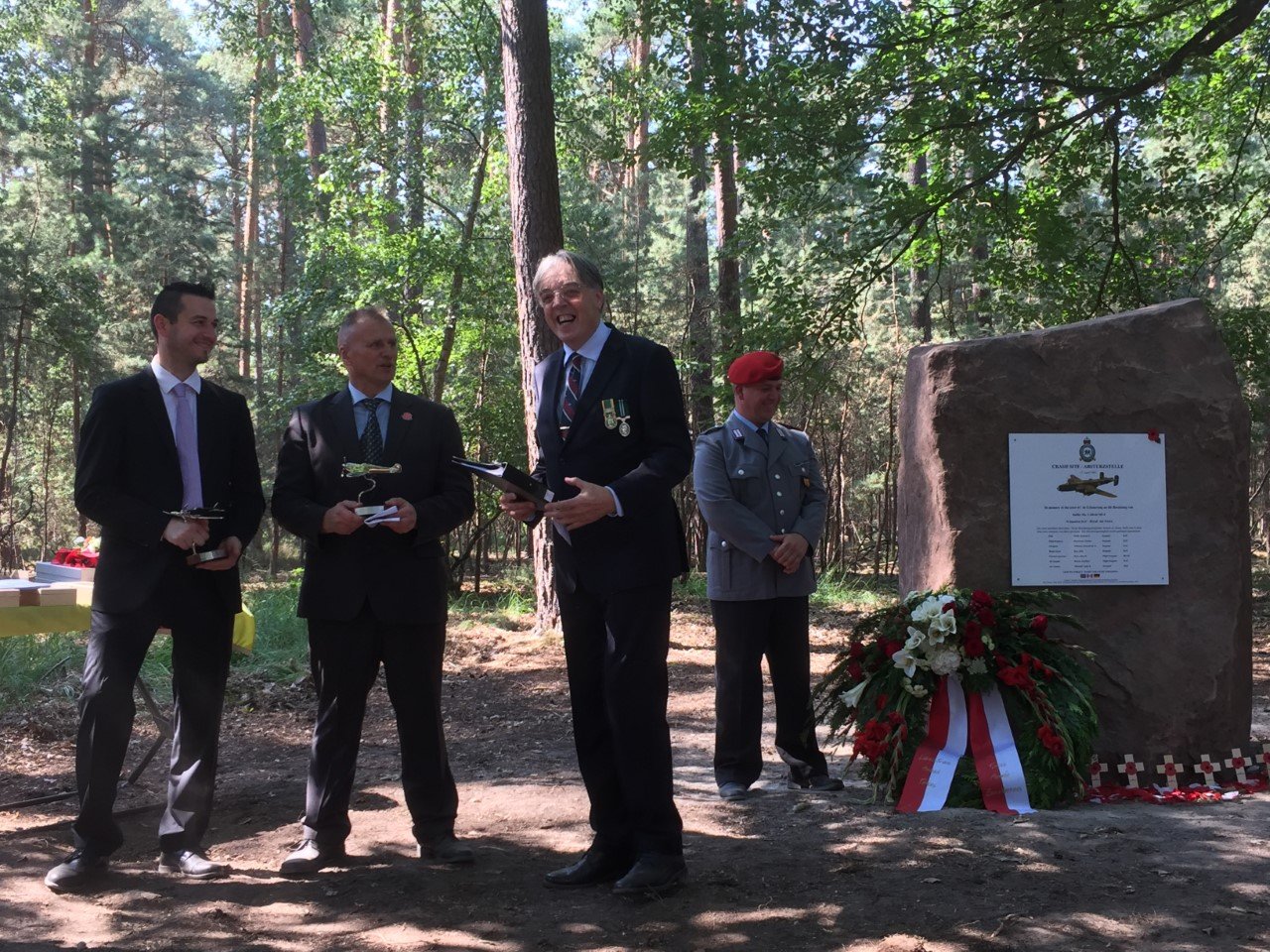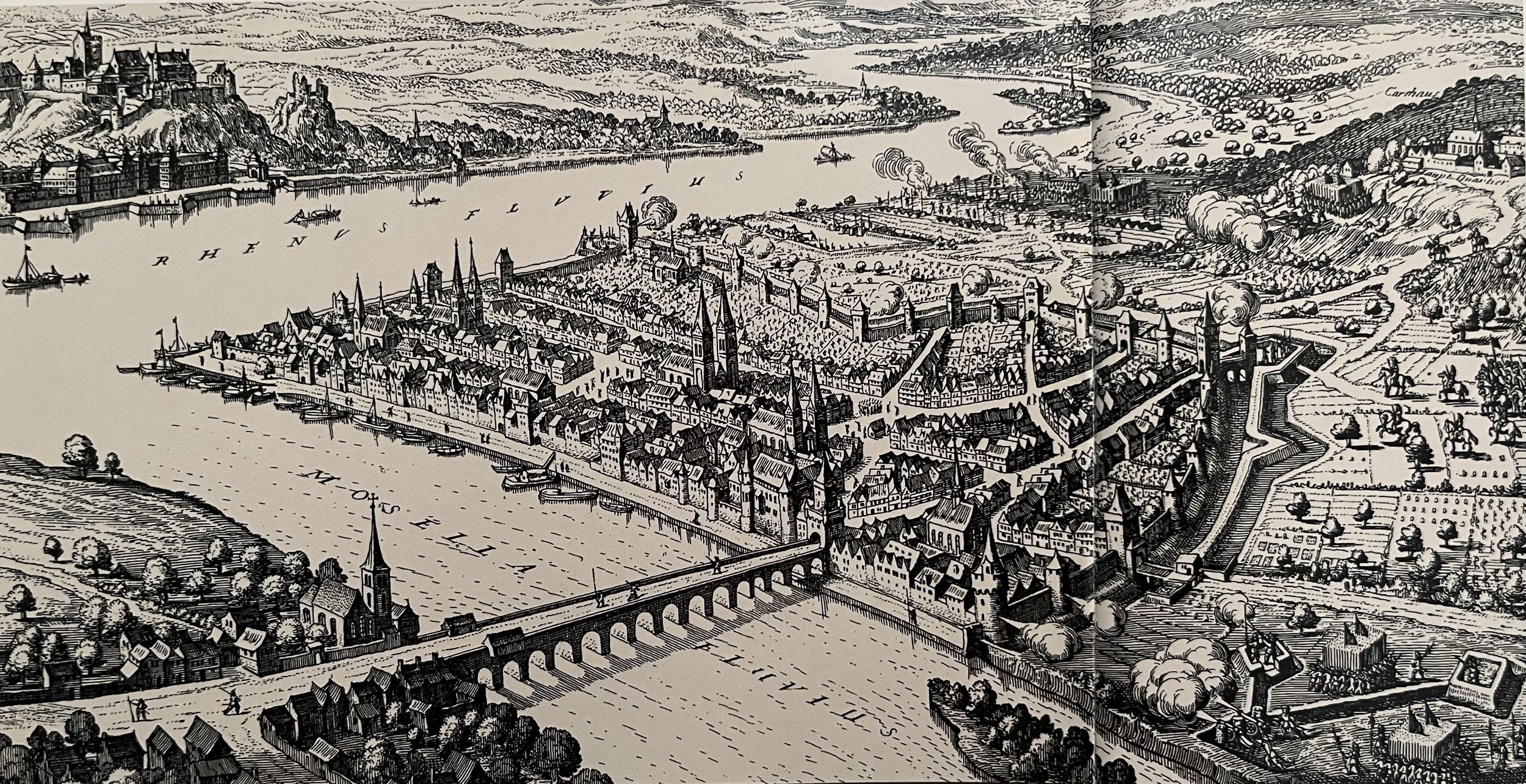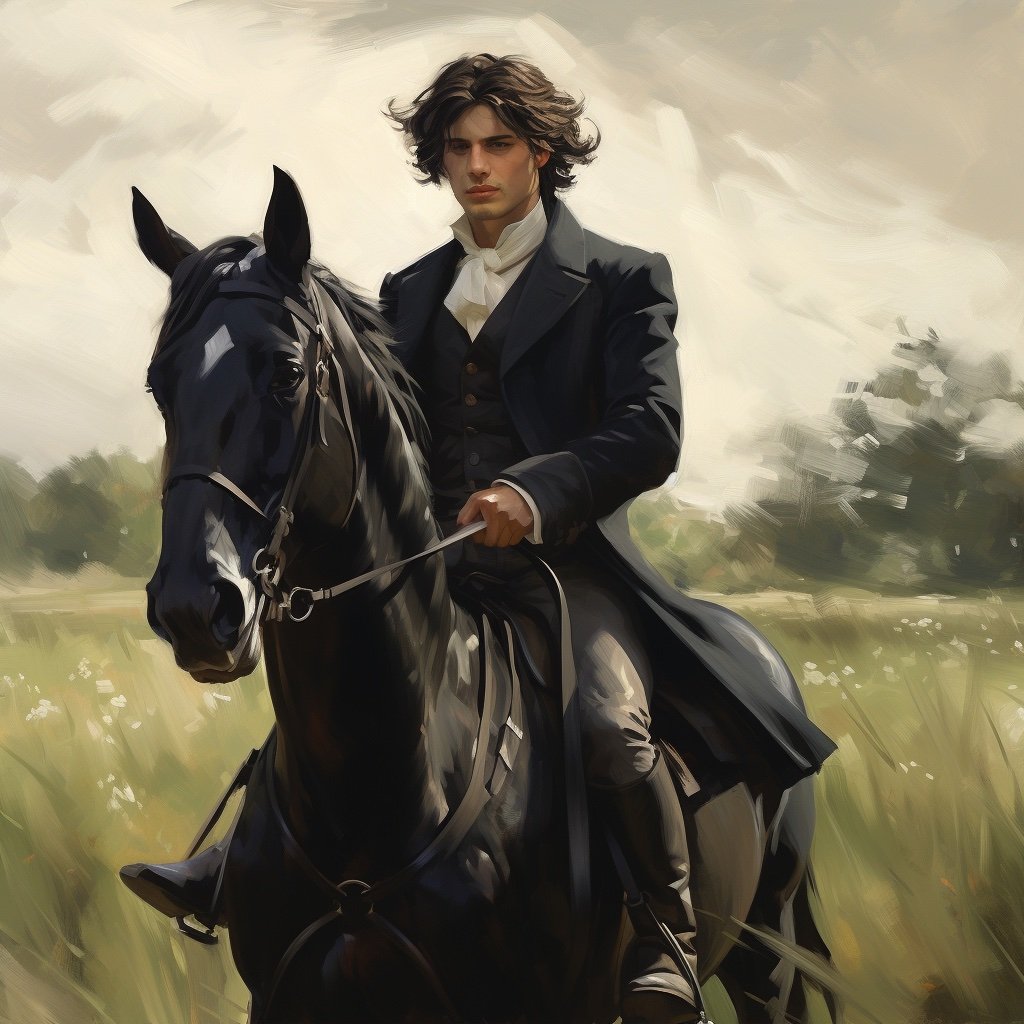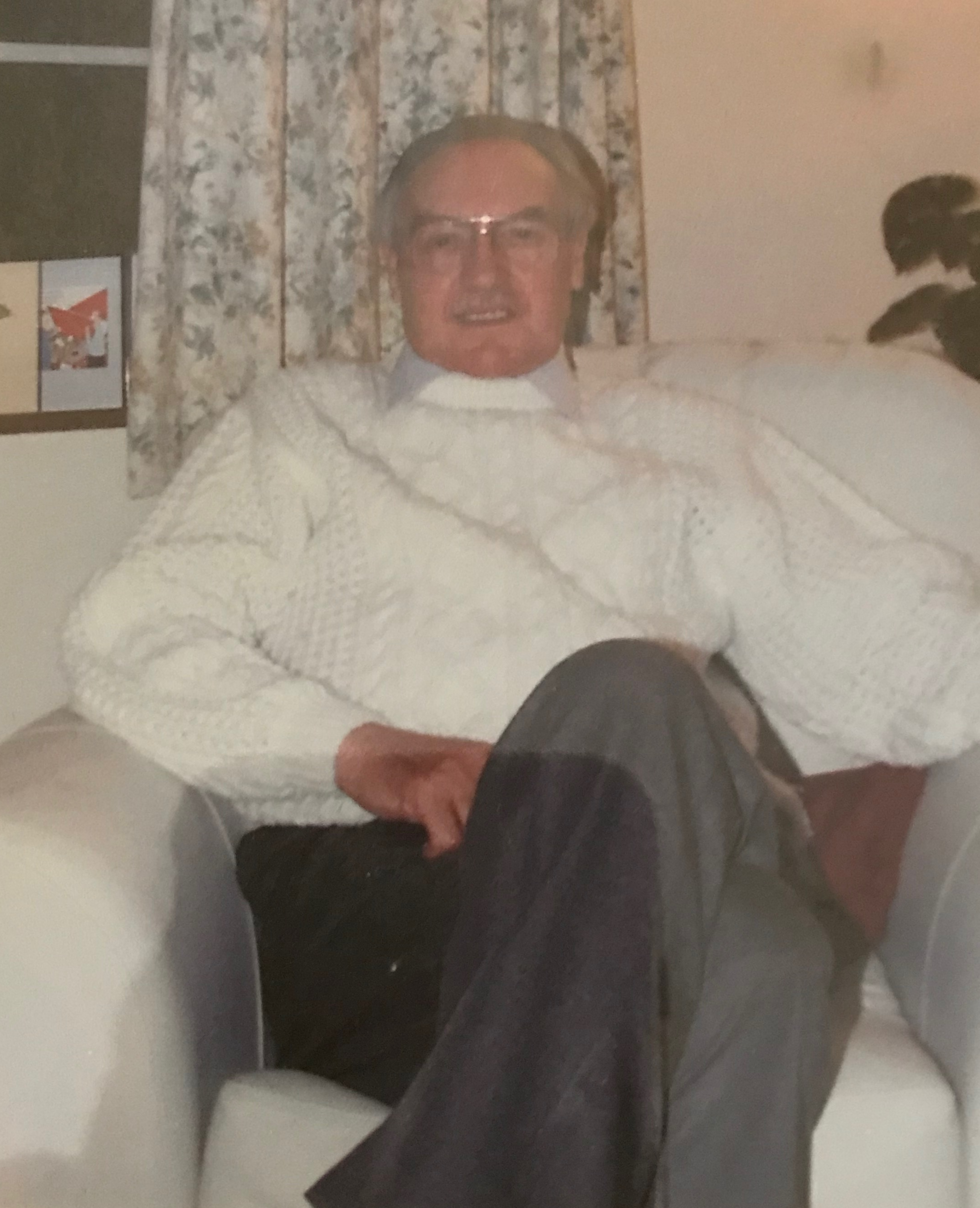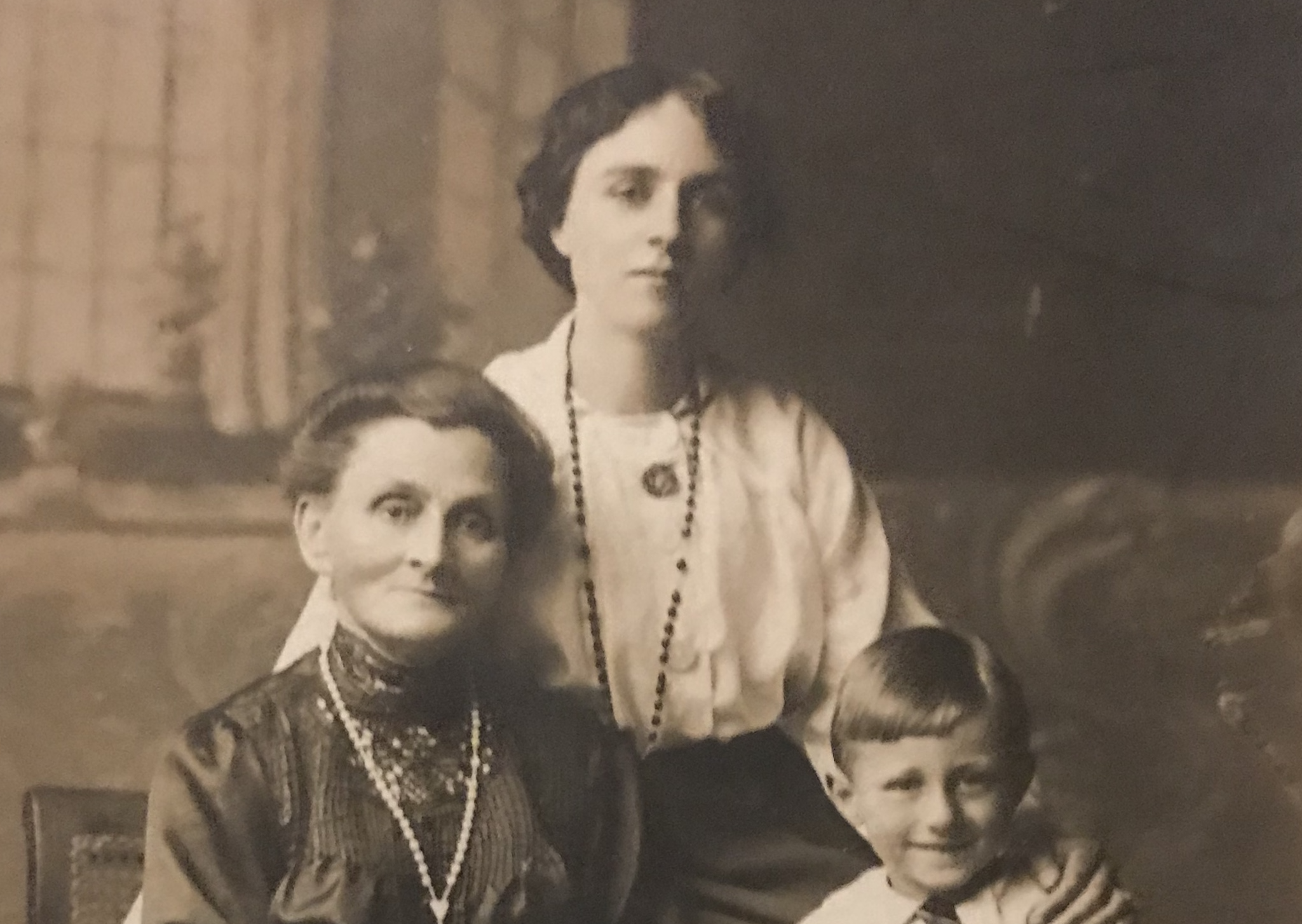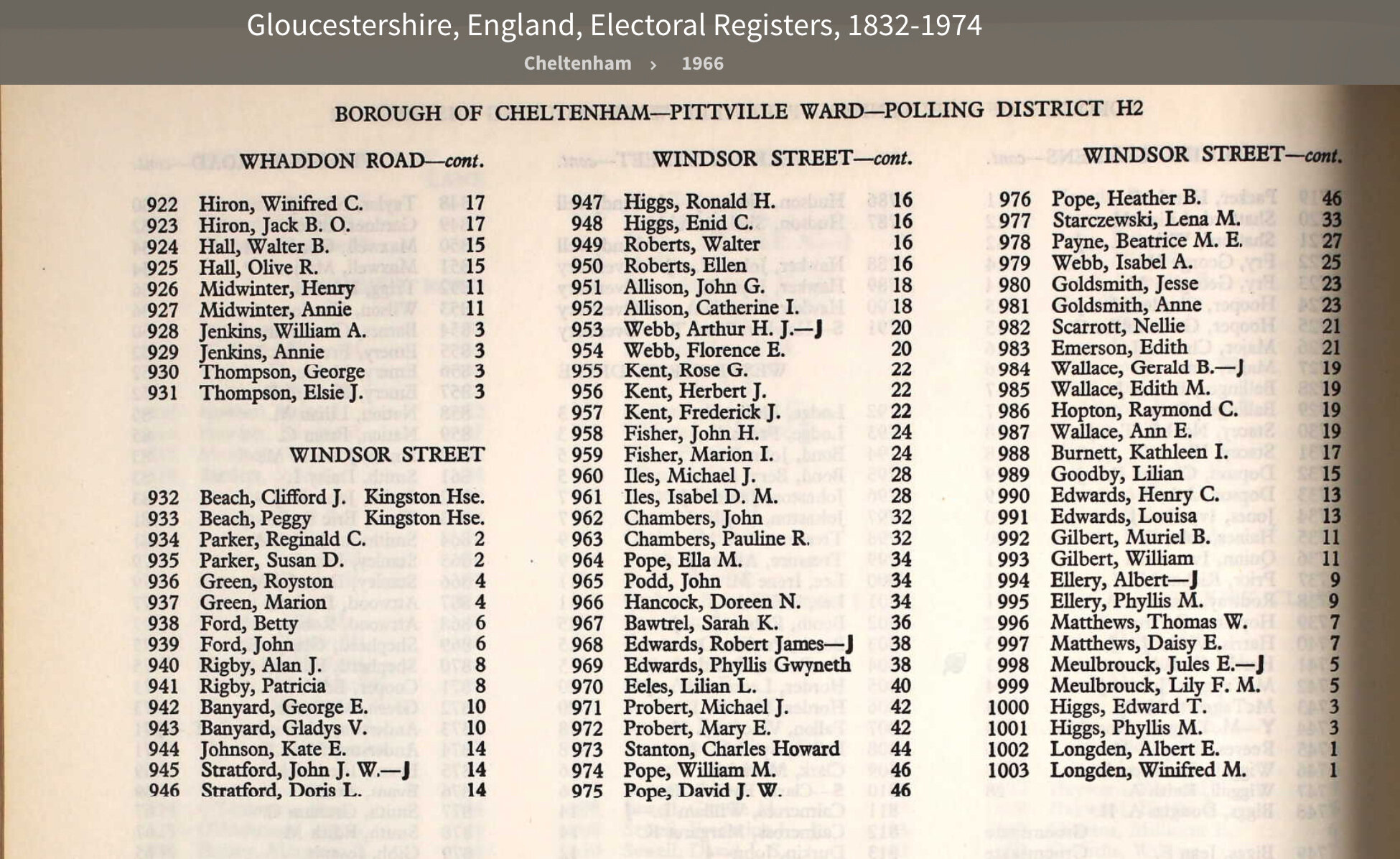WßD ~ Chapter 40 : Orte | Places

Windsor Street Days
Chapter Forty
Orte | Places
Dieses Kapitel ist Frau R.S. gewidmet
Part One
I
I’M SOMETIMES ASKED why I list certain countries in the footer of this website.
I am not a globe-trotter in the true physical sense; that, for me, tends to be in the literary sense, or, as I now find, by this website reaching out, currently, to 107 countries (88 at the time this was first published).
Cities and Countries mark my geographical boundary.
Liverpool is my literary home.
I was born in Cheltenham in the very beautiful county of Gloucestershire.
My legal work took me to Cheltenham, Gloucester, Worcester, Oxford and then Bristol; from there to Folkestone and Dover in Kent, eventually tracking northward via London and Beaconsfield and finally north to Liverpool.
I remember the day a Scouser informed me that should I ever consider myself not to be Liverpudlian, then he would turn his back. That pulled me up short. Scousers have a way of making their point, not unlike Glaswegians and Tynesiders. I learned a valuable lesson that day. Always be mindful of people and communities, especially when coming to live and work in and amongst them.
It is right to pause for a moment and reflect before resuming Windsor Street Days.
Proud to be Liverpudlian
I learned a valuable lesson that day.
Always be mindful of people and communities,
especially when coming to live and work
in and amongst them.
The length of hair gives air to the freedom I
now enjoyed in March 2005, granted to me
by the City and People of Liverpool.
Back to Reality
The author, as Ian Bradley Marshall in the King’s Dock, Liverpool in 2013 at the time of the third published book ~ BGBBW ~ otherwise known as the book that ruffled the feathers of the more reactionary elements of society.
I admit I sense warmth in this portrait, taken formally by Alexander Petricca, Photographer of Liverpool, Alexander was commissioned to do all the photographic work for the three published books.
The warmth comes from realising that this is precisely how I stood both in the police force and the Royal Air Force, with one exception, the hands would be at ease behind the back, but the studied intent was always present.
For all of us, elements of past life do indeed stand still and remain ever present.
Thus, Liverpool is, and always will be, both my literary home and my spiritual home, for it is Liverpool that made me who I am and, moreover, unlike other places, welcomed me with open arms as very much part of a living and vibrant community within their wider city and people.
II
We reach a point in life when age comes knocking on the door. It is never welcome. My unwelcome ‘visitor’ reminded me that I was getting older, and I owed a duty also to my family down south. Slowly, over time, I rediscovered my love for Gloucestershire. It was always the place to which I would return, even when my legal work carried me all around England over twenty years. That in itself was exciting ~ to practise The Law of England and Wales in different regions, different counties, and within very different communities.
So, in 2017 it was very much a case of being the City Boy to Shire Lad [i] and I have welcomed the return. However, I still spend time in Liverpool. I need to be beside the shore, to feel the salt air on my face and the sea air in my hair. Nature sustains me.
III
To walk again the parks and lanes I walked as a tot in Grandma’s hand, to cycle hell-for-leather to school, dodging cars, occasionally having to backtrack to retrieve the satchel that went flew off left when I turned rght!
To walk again The Gallops where once I rode in saddle and stirrups and with no need for spurs, again hell-for-leather - I have this thing about racing around, not helped by my Mercedes which insists I let her have her way occasionally.
However, on that, please note I’m highly disciplined these days.
We live on an island that has more cameras per head of population, it seems, than anywhere else, even America, we’re informed. Extraordinary. But on that note there needs to be added another point.
Our police are 20,000 fewer than when my father and I were serving in the Gloucestershire Constabulary. If we had been told in the 1980s that the day would come, not long after 2008 when national government would, almost overnight, reduce our national police service by 20,000, quite simply we would not have believed it.
Part Two
I
British Policing
People bemoan that they never see a police officer these days. I, too, have sometimes wondered where they are. In 1980, I was stationed in the beautiful town of Stow-on-the-Wold, the highest point in the county and where the town is known for being the first point at which the Siberian winds touch down with the arrival of Winter.
That wind is like a knife. We were a very large subdivision in 1980. We operated 24/7. Furthermore, we had many villages around us. One day, the sergeant took me aside. I’d only just arrived. It went something like this.
“Ken, as well as walking the beat in Stow, you need to visit all our villages regularly. Remember, lad, to always have your helmet with you. You drive with a flat cap. But villagers don’t like seeing a flat cap. They know you’re not local. When you put your helmet on, well, believe me, you’ll be surprised. They really do welcome you as their very own village constable. Oh, and by the way, you wear your helmet with your chin strap down, lad. I don’t want any of that slovenly helmet-on-bak-ot-ed nonsense!”
A different era. And he was right, of course.
Behind the wheel, and entirely due to the superb training I received at the then, No. 6 Police Driving School at Devizes in Wiltshire - another beautiful county where nestles the ancient city of Salisbury - I am very aware of fatal road accidents during my service as a constable, a proud holder of that very ancient English office. And even though those tragedies were, for me, thankfully few, their impact was emphasised by way of my father’s service as a commander in the rank of Inspector in the then, Traffic Division. He attended hundreds of fatal collisions in the course of a lifetime’s police service, and made sure I knew where all the ‘fatal black-spots’ were.
I might be a good driver. I still drive to the police system of driving. But my father could leave me standing, his ability recognised throughout the Constabulary and wider Service as his was dual, both fast-traffic-limo and main road motor-cycle. And, to emphasise the point still further, when practising law in Oxfordshire, it was my unfortunate task to administer estates resulting from a road traffic collision that killed two sets of grandparents in the same car as a result of the fifth death driving into them head-on, having consumed thirteen pints of alcohol.
The Police are very much present. Like our NHS, they labour under huge financial constraints since the 1970s. The Gwent Constabulary in Wales demonstrates this skill and efficiency superbly. Now in its fourth series, we see the work of the Crash Detectives - police officers, and in my father’s service traffic police officers. To be posted onto the Traffic Division was a promotion in itself. The crème de la crème.
Crash Detectives can be seen on BBC iPlayer and we see their work between 2019-2023. We are looking at fatal road traffic collisions. And we see the expertise of police officers in reconstructing the last moments leading up to impact, and the seconds immediately following impact. Our police service in the United Kingdom uses the most sophisticated technology to do this. And it does something else, too. It makes me very aware of my responsibility when I am driving my car.
My father, and his shift, answering questions from Her Majesty’s Inspectors of Constabulary. The taller of the two main road motor-cyclists I served with, as we commenced our police service on 15 September 1970 as regular police cadets.
My father, and his shift, answering questions from Her Majesty’s Inspectors of Constabulary in a police force that is, today, almost unrecognisable from those days in the 1980s.
Few of us anticipated the ferocity of the approach of the ‘woke wave’ that makes this image all the more poignant, for it is of a world long gone and with it, many of the standards we held in that police service. That is one view. But time never stands still. Each generation recalls better times. Yet when the spotlight of history shines bright, the apparently better times were not as happy as we would like to think.
Part Two
I
World-wide, my geographical boundaries are European and Mediterranean.
My visits to Jerusalem gave me a different view of the sixty-six books that form the basis of my life’s foundation. This physical awareness has enabled me to take, dare I say it, the Josephian approach to those writings. With all religion and other sacred text, I take the view that I must read in between the lines; go behind the fabric of simplistic text to grasp the entire scene in all three dimensions. I must dig deep, and never cease to ask two questions: WHY? WHY NOT?
“The further you look back,
the further you can look into the future.”
My time in Jerusalem also gave me the background and scenario to write Crescendo, a modern short story comprising six chapters, based upon the biblical account of the passing over of the Angel of Death. It is hard-hitting, and as one young man who modelled the covers of my printed and Kindle books for me pointed out, was not what he had expected as the storyline upset him.
The storyline confronts real life. This is brought home with brutal clarity in this the War in Ukraine and now the War in Israel and Gaza.
In Bosnia, I stood in the basement that had an uncanny and very sinister imprint about it. Empty, cold, severe, even though it was 36c (96.8F) outside. I turned to my host, the British police commander.
“I recognise this terrible place! This is that basement where the BBC filmed the Muslim corpses, all ages : women, children, men.”
He said nothing, beyond the slightest nod. We had both served together as squadron commanders in the RAF VR, and as all who have a military background will affirm, one learns an uncanny ability to communicate at a personal level without uttering a single word, or making any physical show.
II
I enjoy visiting Hamburg whenever I have the opportunity. It is a homely city, alive, vibrant and the Alstersee, the huge lake has so much marine activity, as well as the beautiful walks along its banks, the beauty of the city.
Berlin is where I came face to face with the Holocaust in 1990 for the first time.
In the museum stood a single cattle-truck. It took some time for me to walk up the steps. Something forbade me to even think of stepping within. This was hallowed ground. Countless newsreel images triggered in my mind that I had seen since my earliest age - for my parents did not stop me seeing the Pathé Newsreels. They did not do this with my sisters. But it has taught me the importance of shielding young children and choosing at which point terrible and terrifying things should, if at all, be shown them. There are scenes I recall that, even sixty years on, can traumatise me if I allow them to take hold. And this has very much come home with the War in Ukraine, and now devastatingly so with the Israel Hamas War, and in particular the horror of 7 October 2023.
I spoke with one of the Museum’s stewards, who had remained at a respectful distance. Why is there no rope across the entrance? I do hope people do not walk in there.
I remember his quiet smile in the eyes. And his reply. No. There is no need. Exactly as you did, so they do.
And here is an example of how I occasionally use a different dimension within which I occasionally write. That which is beyond the here and now but, nonetheless, present.
This came home to me at the Yad Vashem Memorial. Yad Vashem is no Museum, to be listed and ticked off as ‘done’ in flippant touristy fashion.
Yad Vashem is The Memorial to the Darkest Act in the History of Human Nature.
My nieces both visited Auschwitz. Young people need to. But it is the one place I know that my constitution would not now hold up.
But Berlin, like Hamburg, has many very happy memories; again the Berliners. Again, that determination summed up in the leap to freedom by Herr Conrad Schumann. It inspired me on the day he made that death-defying leap, and it inspires me now; which is why I sometimes write with deliberate provocation.
Der Sprung in die Freiheit ~ 1961 ~ Die Berliner Mauer | The Leap to Freedom ~ 1961 ~ The Berlin Wall | Herr Conrad Schumann ~ Mein Held | My Hero
III
Vienna embodies that wherein this website was built, in a country my parents made sure I visited in 1969, as, too, my elder sister in 1968 ~ Die Republik Österreich.
For my parents, this was hugely significant, for it represented the first tangible step in rebuilding their bridge. Even as a teenager, I sensed that this was quite a deal.
A great nephew has just learned to walk. He is representative of that third generation that now encompasses the social media age. The Cold War and the post-war years of the Second World War lie firmly within an era that is difficult for his generation to imagine. A quarter of a century is a lifetime away, reaching far back into dim and distant history at Warp Factor 3. But with age, that warp slows down appreciably; and at a certain point it warps back round and bites me on the bottom, and it is at that point, as I spin round, when history stares me very bluntly in the face, and will even sometimes hit me physically.
My way of dealing with this is to follow faithfully this dictum:
“My present is my children’s back-end of boring history, of no importance. This is the never-ending revolution, the cycle of ancestry and descent in equal measure; that which has gone before, that which approaches from ahead. I must be respectful to both.”
IV
As a teenager, many documentaries started appearing on TV, chronicling the Second World War. This was before virtual reality TV, so the violence we saw was real. My parents were broad-minded and had paid too high a price for the past to be shoved into a box in the corner, never to see the light of day.
What, to me, was too far back, twice my lifetime, to them was yesterday.
I obtained a hint of this whenever the newsreels played the maniacal rant of Adolf Hitler. There was one of two reactions. Either my mother would quietly walk out and work in the kitchen, or my mother would stand her ground with one non-negotiable phrase: Turn it off! I cannot stand that voice and I cannot stand that language!
I have a German dictionary given to me by my parents when they visited Germany on their own at the turn of this century, hiring a car, and touring from north to south and north again. Mum reported with glee that Dad was in his element on the Autobahns! They met many, many German friends. And in a handwritten message on the inside cover, both expressed their hope that this gift would aid me in learning the German language.
Only earlier this year, when using it to work out a phrase, did I see their note again, written by my father and counter-signed by my mother. That’s how my Dad and Mum did things. And the full import of their message was loud and clear.
Building the Bridge
Building the Bridge
Learning to speak the language
of another Nation enables us to
communicate and to enjoy
a different and colourful perspective
to our own.
This is so with every nation,
every community.
It also acts as a bulwark against
those who would seek to destroy
a language and wipe it out
of existence.
Those who seek to do that
are the greatest threat of all
to the Global Community.
And, what is more,
they know this! They therefore
stand indicted.
Kenneth Thomas Webb
“Build bridges. We did. So must you.”
Part Three
I
Koblenz is the very natural stepping stone from that day in the dense woodland that surrounds Lachen-Speyerdorf, where all my family and I, six other families too, and the German People, all of us, being guests of the German People and of the Ober-Burgermeister von Neustadt in der Weinstraße.[ii]
The Memorial stands for all, of all sides. My friend Rita from Koblenz - and whose work is on this website - has a place now, Rita tells me, wherein her grandfather, who was killed in action in late 1914 in the First World War, can now be remembered.
Here is that bridge.
We had gone full circle. Ken Webb came down to earth on a far-distant day in 1943, and seventy-five years later his brother’s son, Ken Webb, stood on the ground wherein the earlier Ken Webb’s cockpit had come to rest, the stricken Halifax’s final horrendous path through the trees still discernible when one looks up and beyond, to behind the consecrated Memorial Stone.
Flight Lieutenant Kenneth .T. Webb ~ for Sergeant-Pilot Kenneth .E. Webb KEW and Desmond Budd Webb and Arthur H J Webb and the Families of all Seven Crew ~ Saturday 4 August 2018, Der Gedenkstein, Lanchen Speyerdorf, Deutschland
The happiness says it all. Herr Erik Wieman (centre) and Herr Peter Burkel (left) IG HEIMATFORSCHUNG Rheinland-Pfalz
II
We have to rebuild and hold together.
When I first wrote this piece, it was on the day that the news brought reports of yet another war, this time in Ethiopia. Just a few months ago, another friend remarked that part of her son’s family may even return there. I expressed concern, but who am I to speak, when I have so little knowledge of that region of Africa? But I counsel great caution. Their home in Canada is firmly set. Canada is a thriving democracy, firmly rooted.
Let us not permit history to one day record Russia’s Invasion of Ukraine as the opening gambit to World War III.
III
Belfast is a mere thirty minutes from Liverpool, so one can imagine I was often hopping across to the Jurys Inn. I wanted to see this famous city for myself, and to meet her people. What wonderful times I had too. Always that warm Irish welcome that is unique to the island of Ireland. And my friends, regardless of political views, taught me much, and I always return home with my batteries fully charged. Which reminds me, as I write, of Douglas on the Isle of Mann. Just over two hours away by the Steam Packet ferry that moored up just down from my apartment, how I miss that lovely regular sailing; mooring up on the long pier at Douglas and walking along the front to my hotel, the wind in my hair, the sea air. Wonderful.
Let us think globally.
Humankind has an enormous task upon its hands.
Human Nature is fitful, prone to spite and once again, entering into an era of genocide.
Human Nature insists on following doctrines and whims that are as reeds in the wind, or the waves of the sea tossed to and fro, every which way. They are as chaff in the wind that, in time, will be blown from the earth.[iii]
IV
Nature, Humankind’s ally, is very sure-footed. Not prone to spitefulness, instead it allows itself to evolve. And if Nature folds, as it were, in on itself and closes down ‘climate’ as we know it, Nature is not too bothered because Nature will adapt.
V
Nature always outlasts whatever predominant ‘temporary species’ holds the planet’s sway.
There is the challenge for Humankind!
Let us be all-embracing.
Let us work for the common good of all,
and this includes,
above all, Nature, our Planet, the Multiverses we now discover,
the Universe, even!
The Banner Image ~ Deutsche Eck in Koblenz von Holger Weinandt and courtesy of Wikipedia, (of which the author is a paid subscriber and with all rights to Holger Weinandt and to Wikipedia reserved).
The City of Koblenz in 1642 during the Thirty Years War
Freedom
To walk again The Gallops
where once I rode in saddle and stirrups
And with no need for spurs...
Footnotes
[i] On the Liverpool Waterfront - From City Boy to Shire Lad
[ii] The Lord-Mayor of the City of Neustadt in the Wine Region
[iii] From the Psalms. There are 150 psalms, many of them written by David between 1010 - 930 BC (BCE), the latest probably being Psalm 137- a Lament - around 598-538 BC (BCE) when the Hebrews were held captive by the Babylonians (modern Iraq).
26 April 2024
All Rights Reserved
LIVERPOOL
© 2024 Kenneth Thomas Webb
Digital Artwork by © 2024 KTW © 2024 IBM unless otherwise credited
Photographs are by kind permission from the Family Archive
Written 29 November 2023
When men go down to the ships and the sea… These words, the phrase I remember from schooldays, recall Psalm 107: They that go down to the sea in ships, and occupy their business in great waters; these men see the works of the Lord, and his wonders in the deep. For at his word the stormy wind ariseth, which lifteth up the waves thereof (KJV)
Ken Webb is a writer and proofreader. His website, kennwebb.com, showcases his work as a writer, blogger and podcaster, resting on his successive careers as a police officer, progressing to a junior lawyer in succession and trusts as a Fellow of the Institute of Legal Executives, a retired officer with the Royal Air Force Volunteer Reserve, and latterly, for three years, the owner and editor of two lifestyle magazines in Liverpool.
He also just handed over a successful two year chairmanship in Gloucestershire with Cheltenham Regency Probus.
Pandemic aside, he spends his time equally between his city, Liverpool, and the county of his birth, Gloucestershire.
In this fast-paced present age, proof-reading is essential. And this skill also occasionally leads to copy-editing writers’ manuscripts for submission to publishers and also student and post graduate dissertations.








